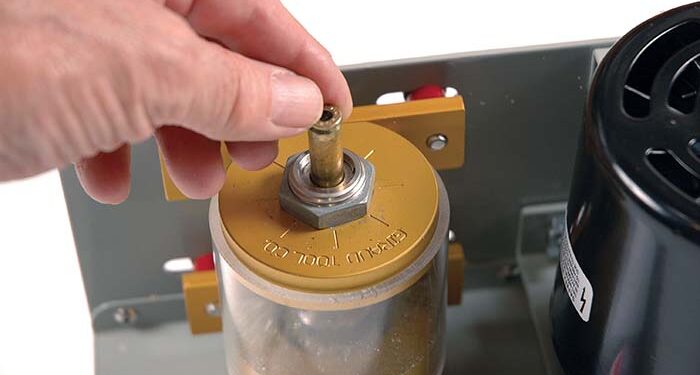By Frank Iannamico
Due to all of the recent gun ban debates and pending legislation, the panic buying is once again in full swing, and at an all time high. Talk of banning high capacity magazines and so called semiautomatic “assault” type rifles are driving price up to three times their normal retail selling price, IF you can even find one to purchase. While this hasn’t affected the prices of NFA very much, one part of the panic buying dramatically affects the Class III community, and that is the price of ammunition. Some individuals and dealers are advertising .223 cartridges (5.56mm) for up to $1.00 per round and people are paying it. When an individual pays that much the ammo is usually hoarded, not fired. The days of cheap surplus ammunition seems to be over, and some obsolete calibers like .303 British and 8mm Mauser are getting very hard to find. While many complain of price gouging it’s simply a case of supply and demand, Economics 101. If there was no one willing to pay, the prices would not be so outrageous.
Is there an alternative? Yes there is; ammunition reloading. Its time to drag out the presses and dust them off. A few years ago loading your own ammunition wasn’t economically feasible when you could buy surplus loaded ammo for little more that the cost of the components needed to reload, unfortunately things have since changed.
If you have never reloaded before perhaps its time to get started. However, a recent perusing of several online companies that sell reloading supplies has revealed that the panic buying has also extended to this area. On one site every reloading press, die, bullet primer and pound of powder was sold out. However like most perceived shortages that induce panic buying they eventually end.
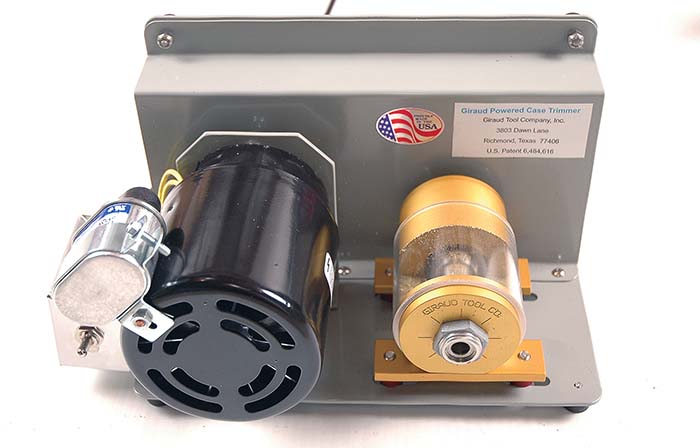
Reloading 101
Assuming that you will be loading in volume a progressive reloading press is a must. Good quality dies for the appropriate caliber(s), and a scale to weigh powder charges. Dial calipers are needed to measure case and over all length. A tumbler is needed to clean fired cases. A case gage is a good idea to insure all your reloading rounds will chamber. On cartridges with tapered cases like 9mm it’s a good idea to check all your loaded rounds. Lastly, a good reloading manual with cartridge specifications and recommended bullets and powder charges.
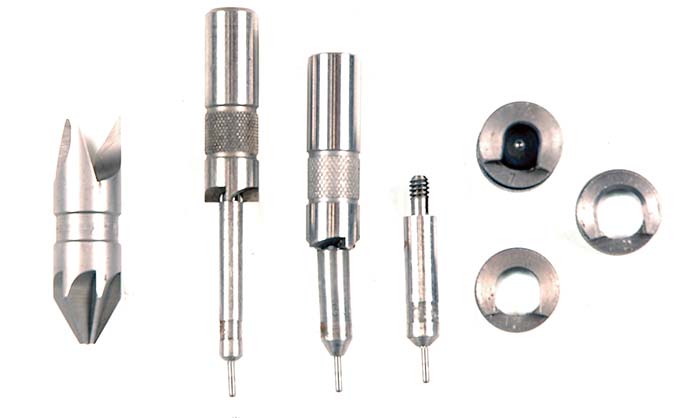
Handgun VS Rifle Caliber Reloading
Reloading pistol caliber cartridges on a progressive press like those offered by Dillon Precision is rather simple. After setting up the dies, adjusting the powder charge and filling the primer tube the rest is easy. Every time you pull the handle a loaded round is produced. The Dillon Square Deal press comes already set up in your choice of caliber. Just add primers and powder, and adjust the powder charge. Pistol powder charges are relatively small, typically 5 to 6 grains depending on the caliber and type of powder. Pistol cases seldom (if ever) need trimmed and if you are using carbide dies the cases don’t need lubricated.
Loading rifle caliber rounds is a lot more involved. As with pistol caliber cartridges, fired brass should be cleaned before sizing. After cleaning, rifle cases need to be lubricated with a special sizing lube before sizing, carbide dies don’t help here. If not sufficiently lubricated the cases with stick in the dies and will be nearly impossible to get them unstuck. If you over lubricate the lube will dent the cases. Experience will determine what a sufficient amount will be.
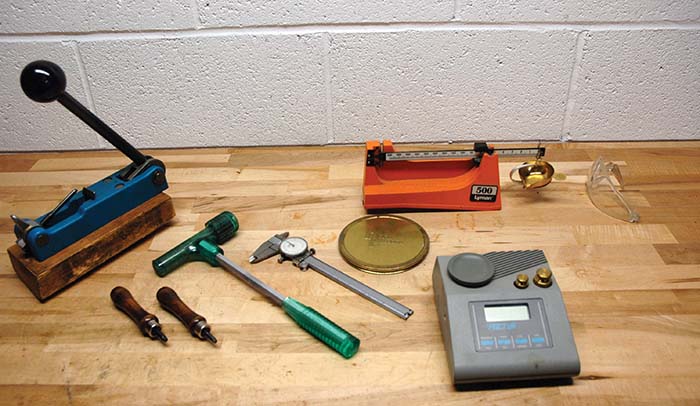
After sizing, the overall length of the case will need checked with a case length gage or a dial caliper. Unlike relatively low power pistol cases, rifle cases stretch when fired and resized. If a loaded case is too long the neck can enter the barrel’s rifling and “pinch” the neck around the bullet, increasing the case pressure dramatically when fired, not a good situation.
To get rifle cases to a correct overall length a case trimmer is required; typically a case can be trimmed .010 under its specified overall length. This is the part of rifle cartridge loading that is normally not fun. There are several options for case trimmers from those that are hand operated to a variety of trimmers powered by electric motors. For volume loading a powered trimmer is recommended.
A recently discovered power trimmer by the author is the one of the reasons this article was written. Previously, trimming rifle cases was a time consuming affair, both trimming the cases and checking every case to ensure that it’s not too long or too short. Then after trimming, the inside and outside of the case neck that was trimmed has to be deburred, another tedious task, especially when reloading in volume. Well, case trimming and deburring has just gotten as easy as sharpening a pencil in an electric pencil sharpener, and after set up it takes literally seconds to trim and deburr a cartridge case.
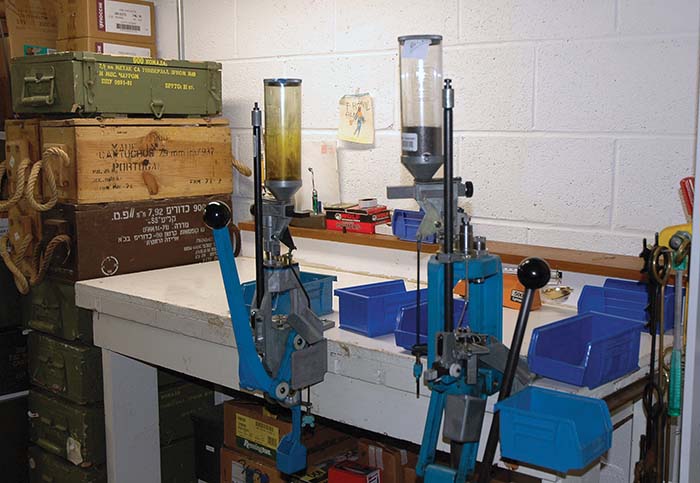
The Giraud Powered Case Trimmer
The Giraud case trimmer has actually been around for a number of years, but unlike many products that get wide exposure from expensive advertising from the corporations that sell them, the Giraud trimmer is manufactured by a relatively small firm in Texas. Knowledge of the trimmer is basically word of mouth.
The Giraud trimmer is very well (U.S.) made of 6061-T6 aluminum and 303 stainless steel, and is guaranteed for the life of the original purchaser. The power to drive the trimmer comes from a fan cooled 1/8 horsepower 120 volt AC electric motor. The Giraud Carbide 3-sided cutting blade is standard with the trimmer. Not only does the blade trim the case, it forms a 15 degree inside case mouth chamfer and 45 degree outside chamfer for smooth burr free seating of bullets. The trimmer comes with a clear Lexan chip guard to keep the brass shavings contained, and allows the safe observation of the trimming process.
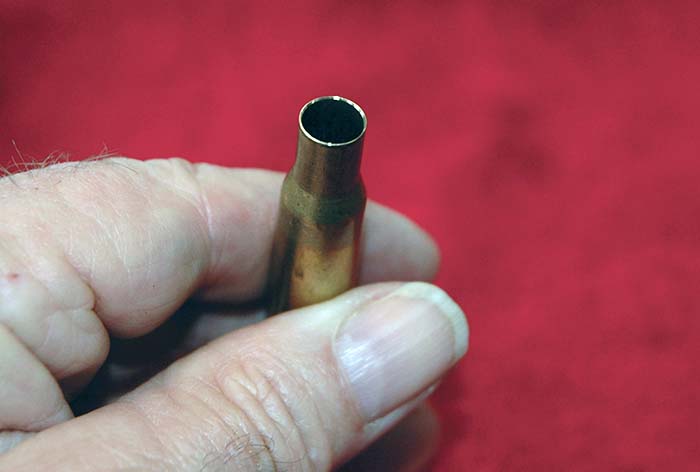
A solid metal base is used to support the trimmer in both horizontal and vertical positions, complete with screw mounted rubber mounting feet to prevent unnecessary marring of table tops and work surfaces. The trimmer is designed for high volume usage. Ball bearings are used to support both the motor and the belt-driven trimmer shaft. A 220 Volt AC 50Hz motor is also available. The unit comes set up and ready to trim in a rifle caliber of your choice. Shell holders for other calibers are available at a nominal cost. Setting up the trimmer in a different caliber is relatively easy and fully explained in the instructions provided.
Once the trimmer arrives you simply plug it in to a wall outlet. Insert a sized case into the spring loaded shell holder, gently press down on the case, and in seconds a trimmed and deburred case is produced. As many as 20 cases can be trimmed and deburred in a minute, a far cry from any other known method. Trimming .50 caliber Browning cases is possible with a special cutting blade and mounting head for the thicker case wall.
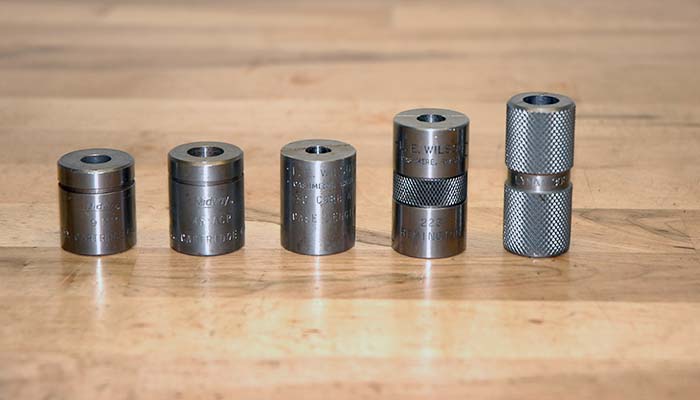
Preparing for the Future
Over the past several years there have been several ammunition shortages resulting in rather large price increases. Like gasoline, it’s very doubtful that prices will ever return to what they were just a few short years ago. With ammo shortages occurring more and more frequently, and supplies of surplus ammo dwindling, reloading may be the only option in the future. Many calibers, like .303 British, once plentiful as surplus, have dried up largely because it is obsolete and no longer issued or manufactured in quantity for military use. The situation is becoming the same with U.S. 30’06 and German 8mm. Reloading is becoming necessary because it is nearly impossible to find those calibers in any quantity.
Reloading ammunition is usually always less expensive than purchasing it, other than buying surplus, which as mentioned earlier, has pretty much dried up. The initial cost of setting up for reloading can be high, but most of the tools, dies and other items are designed to last a lifetime. If you have never reloaded ammunition before it isn’t as boring or tedious as it may seem. Some refer to it as “knitting for men”.
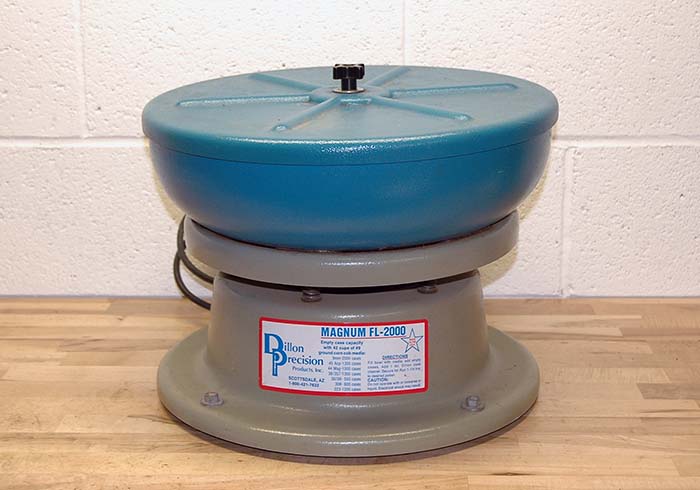
Loading Presses and Supplies
Dillon Precision Products, Inc.
8009 E. Dillon’s Way
Scottsdale, AZ 85260-1809
www.dillonprecision.com
Phone 800-762-3845
Midway USA
www.midwayusa.com/
Phone 1-800-243-3220
Natchez Shooters Supplies, Inc.
P.O. Box 182212
Chattanooga, TN 37422
Phone 1-800-251-7839
www.natchezss.com/
Primers, Powder, Bullets
Powder Valley | 17295 151st Road
Winfield, Kansas 67156
Phone 1-800-227-4299
www.powdervalleyinc.com/
Wideners Shooting Supplies
P.O. Box 3009 CRS
Johnson City, TN 37602
Orderline:1-800-615-3006 | 423-282-6786
www.wideners.com/
Giraud Power Case Trimmer
www.giraudtool.com/prod02.htm
Phone 281-238-0844
| This article first appeared in Small Arms Review V20N10 (December 2016) |



